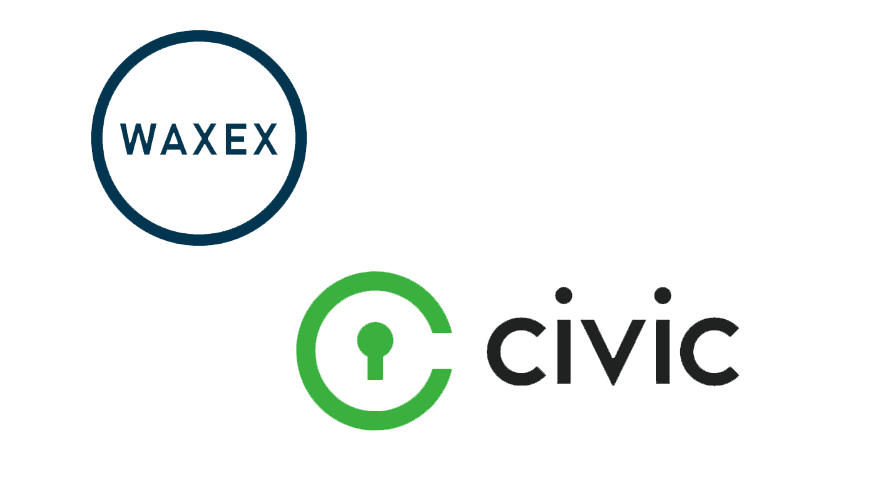Waves African Exchange Pty Ltd, a fiat gateway solution for South African Rand on the Waves Platform blockchain decentralized exchange (DEX), today announced a strategic partnership with Civic Technologies Inc., the company delivering digital identity solutions with blockchain technology.
The partnership brings trusted, secure identity services to the decentralized exchange with fiat gateway services and enables Waves African Exchange Pty Ltd to verify user accounts and comply with strict KYC policies, as well as provide secure multi-factor user authentications for user accounts.
Waves African Exchange Director and CEO, Monika Van Zyl said:
“We are very excited to announce this new partnership as it greatly improves our service offering to our clients, by providing a more secure, and safer way to share sensitive information. It gives us a great sense of relief knowing that we are protected from data breaches associated with traditional centralized customer information management.”
“By outsourcing our KYC services to CIVIC, we mitigate the risk of attracting hackers and identity thieves that are usually associated with traditional data management services in centralized systems that serve as a single point of failure. We are also assured of the authenticity of customer data via the immutable and secure blockchain information management services, making identity verification more reliable and cost-effective.”
Civic CEO, Vinny Lingham commented on the partnership:
“We are pleased to welcome Waves African Exchange Pty Ltd to Civic’s Partner Network. This collaboration marks another milestone for Civic’s ecosystem and for on-demand, secure, and low-cost access to identity verification services.”
Civic will help enable Secure Sign-On and Reusable KYC services across the fiat gateway services. This will help with identity protection and identity theft prevention and the associated risk management and enable us to customize access control for specific gateway services based on age and country to comply with individual geographic restrictions and future regulations.






















